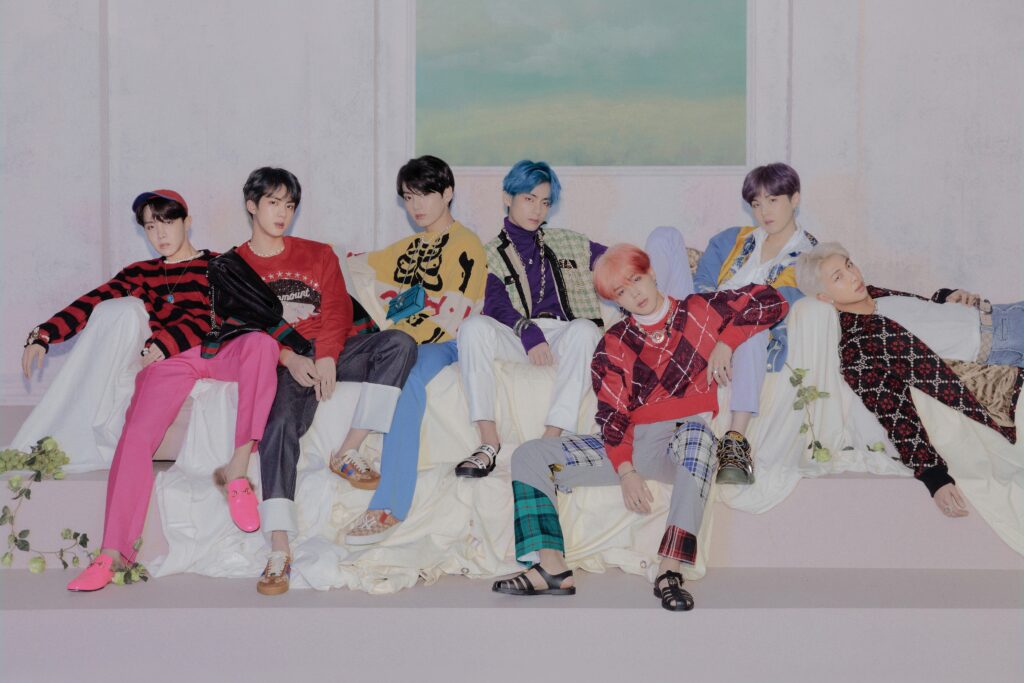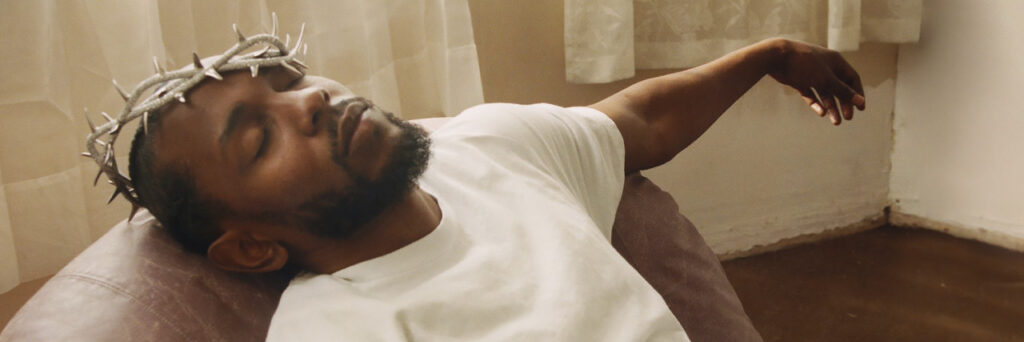Ode to Resistance: The Role of Music in Middle Eastern Liberation
Written by Sophie Nimberger on April 11, 2025
Struggles in the Middle East are often reduced to fleeting headlines and impersonal statistics, stripping away the individuality of those affected. This oversimplification erases the rich, diverse experiences of people across different countries, as if they are part of a singular, monolithic crisis rather than a tapestry of unique struggles, histories, and identities.
In this playlist, I hope to highlight music by Middle Eastern artists that have given voice to the silenced and inspired resilience in the face of oppression and displacement. As author Mohammed El-Kurd said in his book Perfect Victims, “…art cannot exist for art’s sake; it must serve a greater purpose in the struggle.”
1. “Li Beirut” by Fairuz
Being Lebanese myself, I cannot overstate Fairuz‘s significance to Lebanese people and culture. During the Lebanese Civil War, when many artists fled, she refused to leave. For years, she also refused to perform until she finally broke her silence with a legendary concert in Martyrs’ Square, the symbolic crossroads between East and West Beirut. It was at that concert she performed the song “Le Beirut.”
In this song, she begins with a nostalgic reverence, addressing Beirut with love, before shifting focus to the deep sorrow inflicted by the war. Lines like “Of blood, of a child held in its palm… She [Beirut] closed her door, became alone at night” paint a haunting image of loss. Here, she personifies Beirut as a grieving mother, evoking the Madonna cradling her wounded child. The lyrics also serve as a eulogy, capturing the city’s suffering. “Alone at night” encapsulates both the physical devastation, smoke rising from bombed streets, as well as the lingering shadow of loss that has never truly left Lebanon.
2. “Wahrane Wahrane” by Khaled
“Wahrane Wahrane“ is a nostalgic Algerian song popularized by the singer Khaled. Originally sung by Ahmed Wahby, the song mourns the departure from Oran (Wahrane), a city in Algeria. Khaled’s version is more than a tribute to his hometown though; it is a reflection of the pain of exile, a fate he himself endured. Forced to leave Algeria due to political tensions and threats in the 1990s, Khaled found himself in France, away from the land that shaped his music.
The lines “All the clever people left you [Oran]; they remain homesick and confused, and this exile is hard and traitorous” capture the emotional weight of displacement and how distance from one’s homeland can feel like a betrayal, both by circumstances and by time itself. His voice, filled with pain, turns the song into a universal anthem for those who have been forced to leave home behind.
3. “Moukawem” by Julia Boutros
“Moukawem” by Julia Boutros is a tribute to the unwavering spirit of resistance. Released in the context of the Israeli occupation of the south of Lebanon, the song is dedicated to those who stand against oppression in both Lebanon and Palestine. With her signature commanding voice, Boutros delivers lyrics that honor both the fighters and everyday citizens who continue to sacrifice for their homeland. The lyrics don’t just glorify the act of resistance; they acknowledge the pain, sacrifice, and duty that come with it.
With a grand orchestral arrangement supported by Boutros’ powerful voice, the song blends patriotism and raw emotion, making it both a revolutionary anthem and a personal call to perseverance.
4. “Thé à la menthe” by La Caution
“Thé à la menthe” by La Caution is a track that blends French hip-hop with Middle Eastern influences, making it a defining song for the North African diaspora in France. La Caution is a French duo, both of Moroccan descent, who are known for their intricate wordplay that addresses the second-generation immigrant experience.
The lyrics of “Thé à la menthe” critique both racists in France who discriminate against Arabs as well as Arabs within France who distance themselves from their own identity in pursuit of success. The latter is particularly evident in the lines, “With a dirty accent, no ‘salamalecs,’ said Hassan the athlete. Originally from Algeria, from Hollywood to Tamanrasset.” Here, “salamalecs” is a clever play on words. It references both the French slang term “salamalec,” which refers to an insincere formality, and the Arabic greeting “As-salamu alaykum.”
5. “Dammi Falastini” by Mohammed Assaf
“Dammi Falastini” by Mohammed Assaf is more than just a patriotic song; it is a declaration of identity in the face of systematic censorship. Over the years, the song has faced bans and restrictions on various mainstream platforms. The censorship of “Dammi Falastini” is part of a wider effort to silence Palestinian narratives, erasing cultural expression and national identity. The song, which passionately asserts, “My blood is Palestinian,” however, is not a political manifesto but an affirmation of existence. Yet, for many institutions and governments, even this simple statement is deemed too provocative.
This suppression reflects the larger struggle Palestinians face—not just in securing their rights but in the very ability to claim their identity without persecution. Despite this, the popularity of “Dammi Falastini” proves that despite these efforts, Palestinian identity remains unbreakable.
I hope I’ve been successful in sharing a glimpse into the emotions, histories, and realities these songs convey. While this playlist is just a small selection of my personal favorites, it reflects the influence music has in conveying the broader struggles of identity, exile, and resistance. Each song tells a story that deserves to be heard, reminding us that no tragedy should be overlooked and no struggle should go unrecognized.





